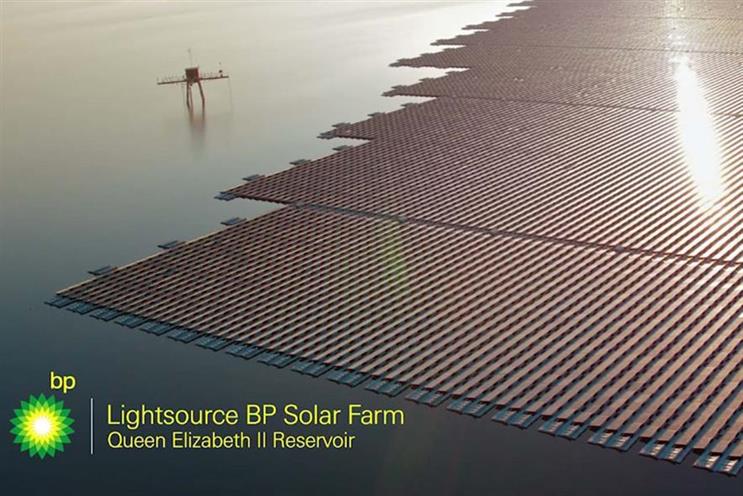
Guardian Media Group has said it will no longer accept ads from fossil fuel extractive companies across any of its websites, apps or print products.
The publisher said the move, which follows its efforts five years ago to divest from fossil fuel companies, was "based on the decades-long efforts by many in that industry to prevent meaningful climate action by governments around the world".
It means The Guardian will no longer feature advertising for brands such as Shell and BP. In 2016, The Guardian was called out for featuring a "Shell working mum's partner zone" sponsored by the oil giant.
It is thought the decision will cost the publisher in the region of £500,000 annually. However, it will not go beyond businesses directly involved in fossil fuel extraction, meaning The Guardian will continue to take ads for brands in other sectors with a high carbon footprint, such as cars and airlines.
In a blog post, chief customer officer Anna Bateson and chief revenue officer Hamish Nicklin acknowledged that the move would not go far enough for many of the newsbrand’s progressive readers.
But they argued that stopping all ads for products with a high carbon footprint "would be a severe financial blow, and might force us to make significant cuts to Guardian and Observer journalism around the world".
They continued: "More importantly, fossil fuel extractors are qualitatively different. The intent – and extent – of their lobbying efforts has explicitly harmed the environmental cause over the course of many years – as our own reporting has shown and environmental campaigners have powerfully argued.
"Many environmental experts have called out the difference between fossil fuel extractors and their foundational role in the carbon economy, and other sectors with high emissions."
The Guardian’s move comes three months after two of the UK’s leading arts companies, the and the , ended sponsorship partnerships with BP and Shell respectively.
Bateson and Nicklin were clear the move was not intended to be critical of advertising in general, which remains the single largest contributor of revenue to The Guardian, despite a significant effort in recent years to grow reader contributions.
"We believe that good advertising, done responsibly, can be a positive for the economy and the world, as well as providing an important way of sustaining The Guardian’s journalism. So we will continue to accept other forms of advertising as we continue to seek long-term financial sustainability for The Guardian."
Greenpeace, the environmental campaigning group, welcomed The Guardian's move.
"For too long fossil fuel giants like BP and Shell, who are causing our climate emergency, have been able to get away with greenwash advertising while investing 97% of their business in oil and gas," Mel Evans, senior climate campaigner for Greenpeace UK, said.
"This is a watershed moment, and The Guardian must be applauded for this bold move to end the legitimacy of fossil fuels.
"Oil and gas firms now find themselves alongside tobacco companies as businesses that threaten the health and well-being of everyone on this planet."
Greenpeace added: "Other media outlets, arts and sports organisations must now follow suit and end fossil fuel company advertising and sponsorship."
The Guardian made about £90m from advertising, which includes classified ads, last year.
It is thought fossil fuel advertising made up somewhere close to 1% of non-classified revenue such as display and sponorship.
The publisher’s finances remain delicately balanced as it broke even last year for the first time in decades.




.jpg)
.jpeg)
